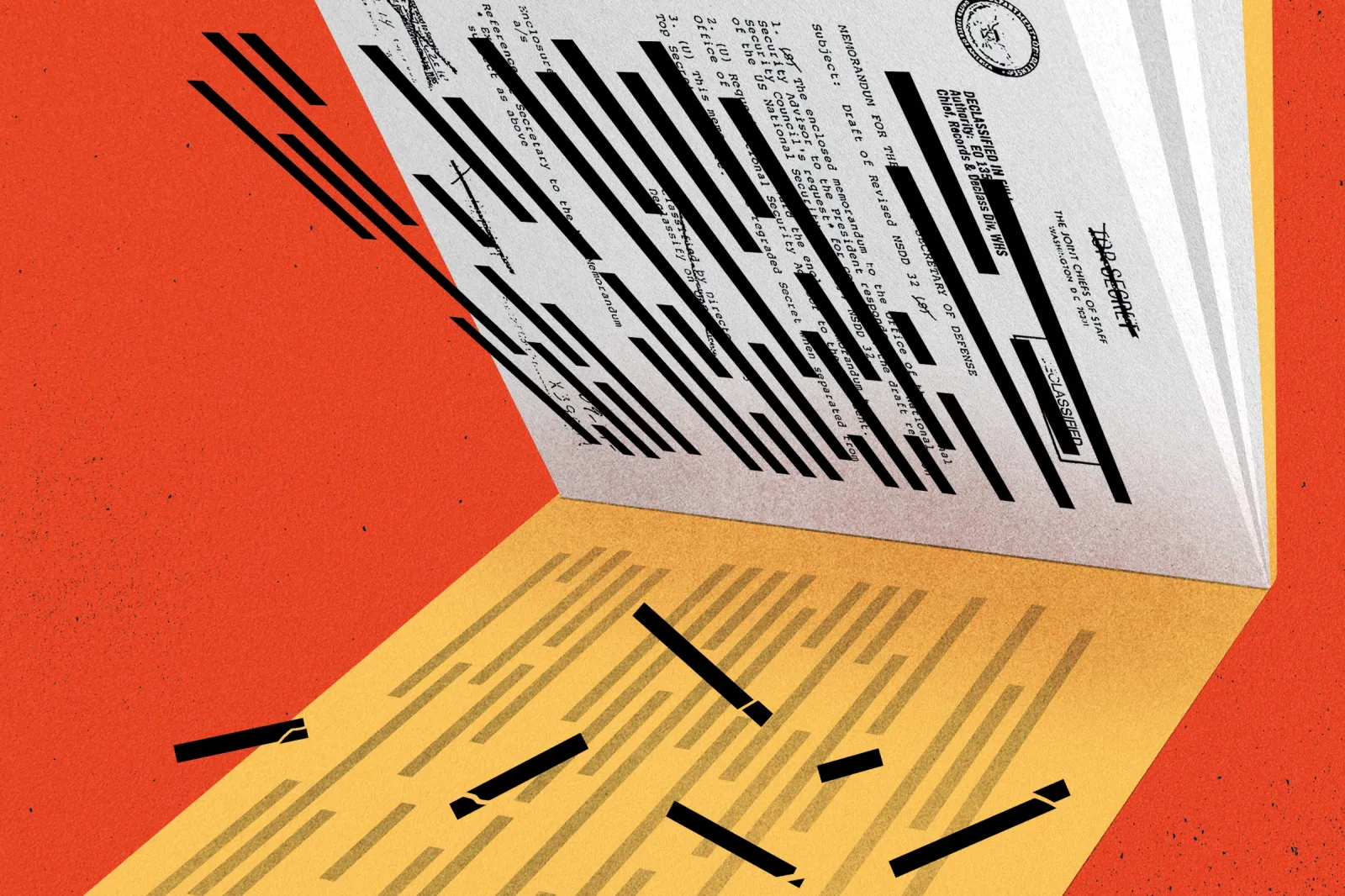Internal government documents, seen by ‘The Guardian’, reveal India’s reluctance. The reluctance is due to fears of a negative impact on foreign relations. The documents pertain to the declassification of 1947 Kashmir papers.
India resists declassification of papers from 1947 related to Kashmir as it fears the “sensitive” letters could affect foreign relations, according to internal government documents seen by the Guardian.
The letters, known as the Bucher papers, are believed to include political and military arguments for why India’s first prime minister, Jawaharlal Nehru, called for a ceasefire with Pakistan and provided special status to the state of Jammu and Kashmir, while India resists declassification of papers.
For decades, the region in the foothills of the Himalayas had a separate constitution. The region also had its own flag. It had autonomy over all matters except for foreign affairs and defense. Kashmiris saw those measures as crucial to protecting their rights in the Muslim-majority state.
But in 2019, the government in Delhi formally revoked the disputed state’s constitutional autonomy. This action occurred under the Hindu nationalist prime minister, Narendra Modi. It was an attempt to integrate the state fully into India.
The decision tightened the government’s grip over the region. It stoked anger and resentment. A three-decade armed revolt continued to rage.
The Bucher papers refer to communications between Gen. Sir Francis Robert Roy Bucher and government officials. Gen. Sir Francis Robert Roy Bucher served as the second commander-in-chief of the Indian army between 1948 and 1949. The communications included exchanges with Nehru.
Over the years, activists have made several attempts to declassify the papers. These attempts aimed to shed light on the reasoning for Article 370, which gave Jammu and Kashmir its special status. However, India resists declassification.
Sensitive Documents
A recent foreign ministry document seen by the Guardian said the contents of the papers should not be declassified yet. The papers contain “military operational matters in Kashmir and correspondences amongst senior government leaders on sensitive political matters on Kashmir”, the document said.
The Nehru Memorial Museum and Library, an autonomous body under India’s culture ministry, has kept the papers.
According to a source with knowledge of the matter, they reveal that Nehru was aware and informed of the military development in Kashmir, including Pakistan’s attempts to use external military assistance to escalate the situation.
“Roy Bucher suggested a political approach to solve the escalating situation given military fatigue faced by Indian troops due to 13 months of military deployment, including taking the matter before the United Nations,” the source said.
SEE ALSO: https://southasiatimes.org/indias-kashmir-diplomacy-exposed/
That advice may have influenced Nehru’s decision to grant Kashmir special status. In 1952, the prime minister emphasized that respecting the aspirations of the people of Kashmir was important. “I want to stress that it is only the people of Kashmir who can decide the future of Kashmir,” he told India’s parliament. “We are not going to impose ourselves on them on the point of the bayonet.”
Classified
India’s external affairs ministry transferred the Bucher papers to the Nehru museum and library in New Delhi in 1970, with instructions to keep them “classified”. They have remained in the library’s closed collection since then, the foreign ministry document said.
Initially, authorities rejected Indian activist Venkatesh Nayak’s multiple appeals to declassify the papers. However, in 2021 the Indian information commissioner ruled it was in the “national interest” but fell short of ordering the disclosure of the crucial documents. The order advised that the library may seek the foreign ministry’s permission to declassify the papers for academic research.
The Guardian reviewed a letter dated 12 October 2022, in which Nripendra Misra, the chair of the museum and library, wrote to India’s foreign secretary. In the letter, he argued that the papers “are very important for scholarly research” and requested their declassification.
“We have read the contents of the Bucher papers. Our view is that the papers need not remain ‘classified’ beyond the reach of academicians. We are opening papers of other important public figures also,” Misra argued.
India typically allows the declassification of archival documents after 25 years.
The foreign ministry argued in the document that the disclosure of the papers should be put in “abeyance” for the time being and advised that the “sensitivity of Roy Bucher papers and the likely implications of their disclosure” should be examined further.
Sources say the government has yet to take a final decision on the matter.
The Guardian has contacted the Indian foreign ministry and the Nehru Memorial Museum and Library for a response.
Original Source: The Guardian



![Ukrainian and Russian flags with soldier silhouettes representing ongoing conflict. [Image via Atlantic Council].](https://southasiatimes.org/wp-content/uploads/2026/02/2022-02-09T000000Z_1319661209_MT1NURPHO000HXCNME_RTRMADP_3_UKRAINE-CONFLICT-STOCK-PICTURES-scaled-e1661353077377.jpg)


